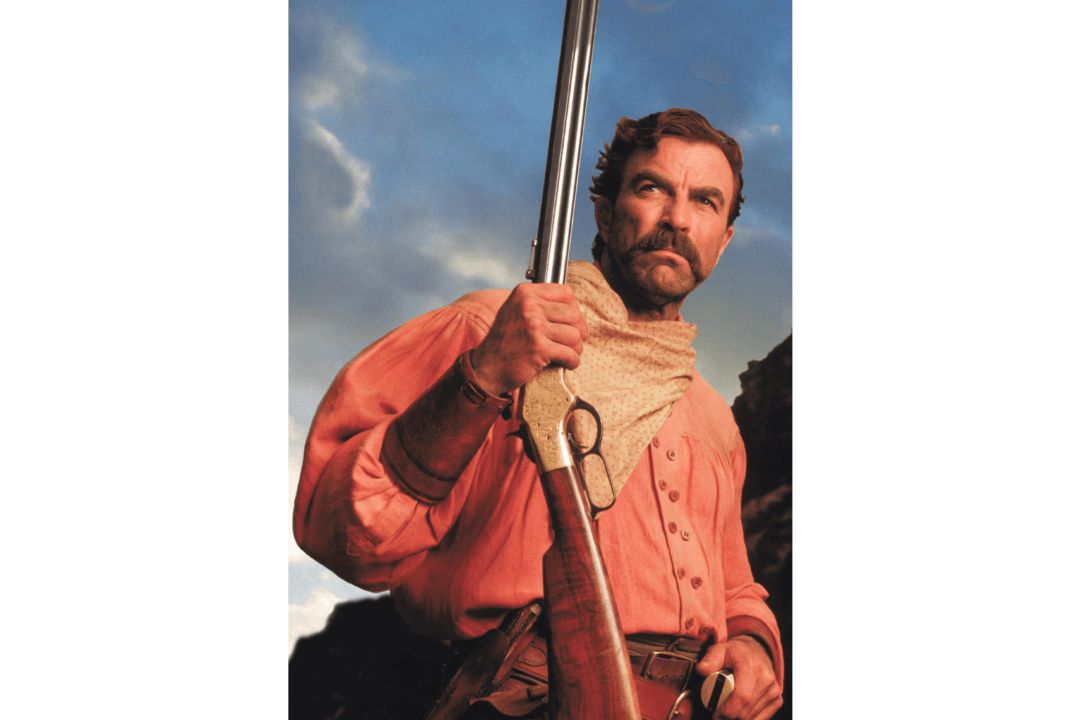TV-14 | 1h 36min | Drama, Western | 1997
Tom Selleck leads this drama that distinguishes gratuitous violence for its own sake from righteous violence that protects home, family, and country.

TV-14 | 1h 36min | Drama, Western | 1997
Tom Selleck leads this drama that distinguishes gratuitous violence for its own sake from righteous violence that protects home, family, and country.